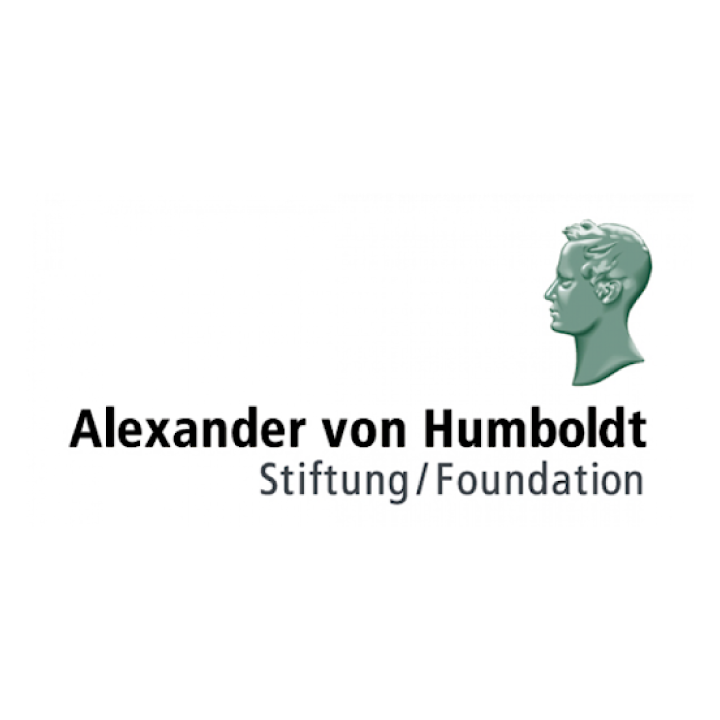Studying the State
Theoretical and Methodological Insights and Memory
EZGİ PINAR, MELEHAT KUTUN, ATİLLA GÜNEY
Overview
This course brings forward a methodological approach to the state. Debates on the role and nature of the state are at the center of contemporary politics. Together with the erosion of liberal democracy and the rise of authoritarian regimes, the state is subject to a range of interpretations such as authoritarian state, failed state, exceptional state, and rogue state. Hence, not only the functions of the state in contemporary politics but also its formation, its re-scaling, its relations to other social organizations, and different parts of social life need to be explored. This course aims to open a discussion on competing accounts about nature, functions, and changing structure of the state in modern politics. In doing so, first, the existing approaches such as the Weberian approach, liberal/neo-liberal theories, structural-functionalist accounts, and Marxist state theory(s) will be elaborated. After a comparative elaboration of these approaches, the capitalist state as a formation, entity, and as an abstraction will be analyzed and its theoretical roots will be questioned. Assessing the existing methodologies and addressing alternative methodologies is the fundamental aim of this course. At the end of the course, participants will be able to answer the following questions:
Is the state a reality or an illusion?
How should the state be understood?
Where does the state start and end?
What are the limits of the state?
What is the relationship between state, society, and/or individual?
Course Outline
Course Details
Duration
12.04.21 – 16.07.21
Credits
6
Language
English
Supported by:



